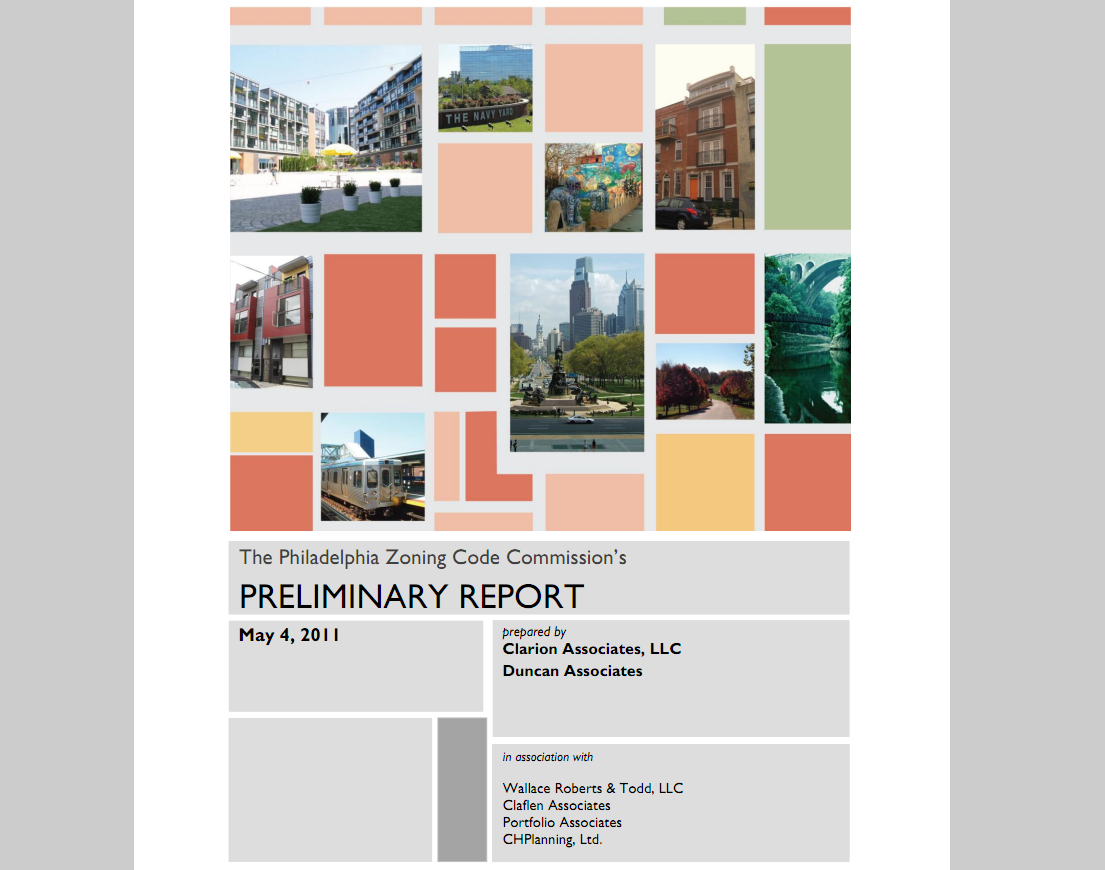DiCicco introduces resolution that would require public hearings on proposed new zoning code

City Council hearings on the proposed new zoning code would soon begin if council passes a resolution introduced at this week’s session by First District Councilman Frank DiCicco.
The introduction of the resolution is procedural, yet marks a significant milestone for the Zoning Code Commission and its proposed new code, which has proven controversial and taken four years to come together and find its way in front of council.
“We feel good to have reached this stage,” said Zoning Code Commission Executive Director Eva Gladstein.
DiCicco discusses the resolution, and explains how he thinks the code should be implemented, and why.
The resolution was prompted by the ZCC delivering copies of the new proposed code to council on Wednesday, Gladstein said. It can be voted on at council’s next session, June 2. If adopted, a very tight schedule of events will ensue.
The city charter requires council to hold a public hearing on the proposed code within 45 calendar days of adopting the resolution. It gives council 30 days after the hearing ends to make its recommendations back to the ZCC. The ZCC will use those comments and the public’s comments to refine the document. The commission has 60 days from the end of the hearing to send the finalized code back to council for a vote.
But unless council wants to come back to session during its summer recess – a step very rarely taken – the time frame is actually much tighter than that. Council’s break begins after its June 16 session.
Gladstein said council may either make its recommendations formally, through a resolution, or informally. To take the resolution route under the normal scenario, council would have to schedule the hearing between the afternoon of June 2 and the afternoon of June 8. Its recommendations could then be put into a resolution that would be introduced at the June 9 hearing, and voted on during the last session on the 16th.
Hypothetically, council could suspend the rules and introduce and adopt the resolution with its recommendations on the same day, but that means the item would not appear on the agenda ahead of time, which gives anyone in the public who wishes to comment advanced notice that it is coming.
If council fails to provide comment within 30 days after the hearing, the ZCC can finalize the document without their input, and send it back for a vote.
Gladstein said it was her understanding that the hearings would begin before recess.
During those hearings, council won’t just be discussing the new code, but also the way it will be implemented. In addition to the proposed code, Council has received two sets of recommendations for putting the code into practice.
The majority report, which DiCicco favors, followed ZCC staff recommendations that the code would be phased in over six months. During the first three months, the old code would be followed, Gladstein said. For the next three, developers would chose whether they wanted to follow the old code or new code for their project. They could not pick and chose elements of both, Gladstein said, but would have to stick with one or the other. At the six month mark, all development across the city would follow the rules of the new code, she said.
But a minority of zoning code commissioners released a report of their own, stating that the code should not be implemented without the city’s comprehensive plan, Philadelphia2035, and the re-mapping associated with the detailed, district-level plans that describe development within clusters of similar neighborhoods. Read why Councilman-at-Large Bill Green thinks this is the better approach here.
As each of the 18 district plans are completed, that land use plan will be used to draft the zoning remapping ordinances. Each district plan may have multiple remapping ordinances associated with it, Gladstein said. And since council tradition says that a council member only introduces legislation that applies to his or her district, it may take the action of multiple council members to introduce the remapping ordinances for a single district, Gladstein said.
Also, as with any legislation, the process will also include public hearings and Philadelphia City Planning Commission review.
Work on these 18 plans will begin in June, at the rate of four per year, so it would take about five years before the district plans are complete, and longer before the associated remapping is done. It is unclear whether any parts of the new code would be implemented until everything is finished, or if the new code would apply to each district as its plan is completed – a scenario that would involve different parts of the city operating under different zoning codes.
City Council will need to adopt the code and determine how it will be implemented through ordinance. This won’t happen until the session resumes this fall.
“Our fervent hope is that this is completed by the end of the calendar year,” Gladstein said.
Contact the reporter at kgates@planphilly.com
WHYY is your source for fact-based, in-depth journalism and information. As a nonprofit organization, we rely on financial support from readers like you. Please give today.



